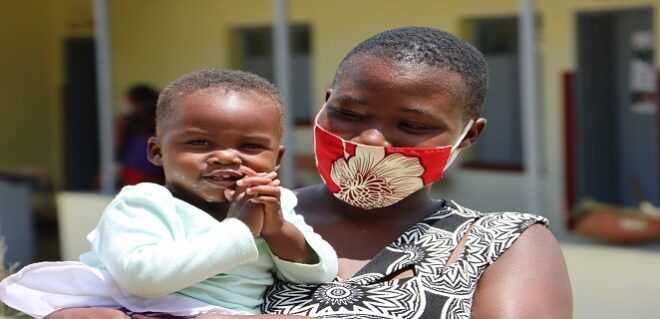
Urban Voucher system restores maternal health dignity in Mbare
Staff Reporter ~ ~MBARE, Harare's oldest suburb is where the hustle and bustle of the city is. Driven by the need to deflect poverty among families, many industries such agricultural produce, steel making to mention but these are thriving.
